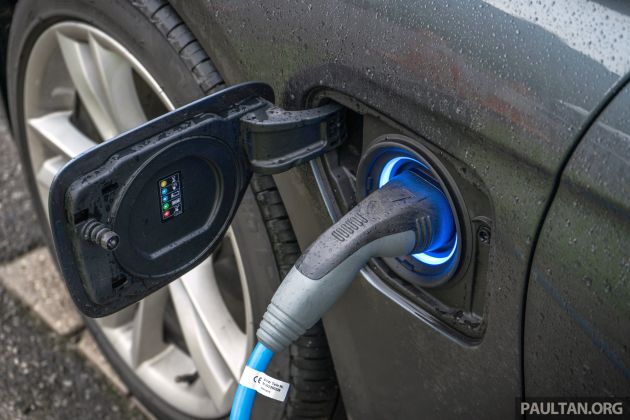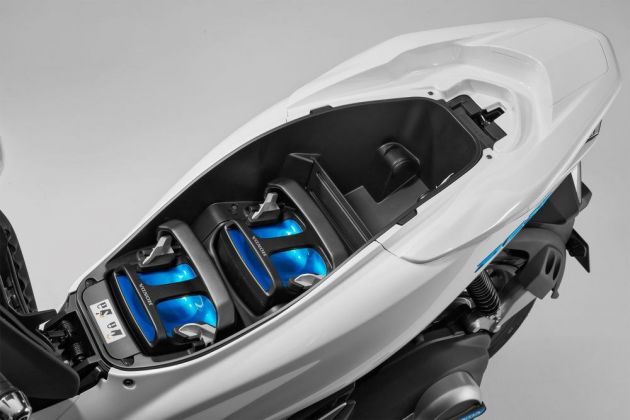The recently-held Invest Asean webinar, themed “The Rise of Asean EV” organised by Maybank Investment Bank found that the government’s direct involvement is key to driving the adoption of electric vehicles, according to industry players in attendance. These would require the laying out of clear policy along with incentives to change consumer behaviour towards their choice of vehicle, the webinar found.
In order for the developments to be set in motion, according to the webinar, clear timelines will need to be set for the wider adoption of electric vehicles and the phasing out of internal combustion-engined vehicles, and putting in place incentives for using EVs – as well as disincentives for using ICE vehicles – will increase the demand for EVs, it said.
Stakeholders such as automotive OEMs, oil and gas companies, utility firms, EV charging station operators in addition to the government should be working together to build a well-planned charging infrastructure, director of EV Connection Lee Yuen How.


“If you leave it to the private sector, they will only build the charging infrastructure where there are high concentrations of EV users, leaving the semi-urban and rural areas to become EV-charging deserts. Therefore, the government plays an important role in ensuring investment across all areas,” Lee said.
Meanwhile, EV batteries need to be considered separately from the vehicles themselves in order to maximise environmental benefits, said Oyika founder and CEO Jinsi Lee.
“The party that sells the vehicle must be responsible for the battery across its entire lifecycle, instead of transferring ownership [of the battery] to the vehicle buyer. The seller will be required to take the battery back, recycle it and reuse it as second life storage, decommission it and so on,” he said.
“From a consumer’s point of view, if the battery is leased, then one can buy a second-hand EV and still get the latest battery technology. [The technology is already in place] for motorbikes, I don’t see why we can’t do it for vans, trucks and cars,” the Oyika chief executive added.
Though Asean countries are progressively updating their EV roadmaps, Malaysia and the Philippines are laggards in this regard, according to research by Maybank Kim Eng, which also predicts that EV sales will reach parity with those of ICE vehicles by 2030 driven by the global decarbonisation agenda and millenial consumer preferences, among other factors.
In Europe, the United Kingdom has confirmed a ban on the sale of petrol- and diesel-powered cars and vans from 2030, while closer to Malaysia, neighbouring Thailand has announced the ban on petrol and diesel vehicles – effectively to only sell EVs – in the country from 2035. Last month, Canada announced a similar ban, also from 2035.
While Malaysia’s Low Carbon Mobility Blueprint “is an important catalyst,” the report finds that more focus should be placed on battery EV instead of hybrids or PHEVs in order to be fully onboard the decarbonising agenda, it said, while the Philippines’ EV roadmap direction still lacks clarity and direction, it said.
The webinar also found that Asean nations should look at China and to pure EV companies for partnerships and investment, as well as simultaneously pursue other green technology avenues such as hydrogen.
The post Clear policy, incentives from government needed to drive wider adoption of electric vehicles – Invest Asean appeared first on Paul Tan's Automotive News.



0 Comments